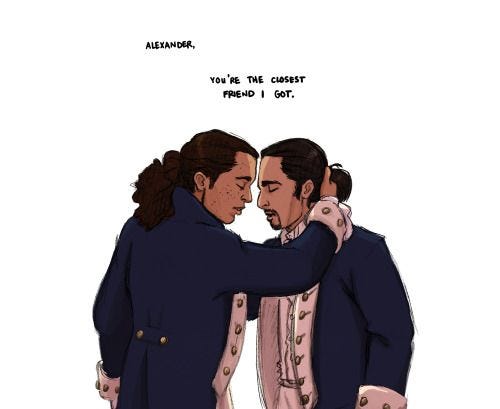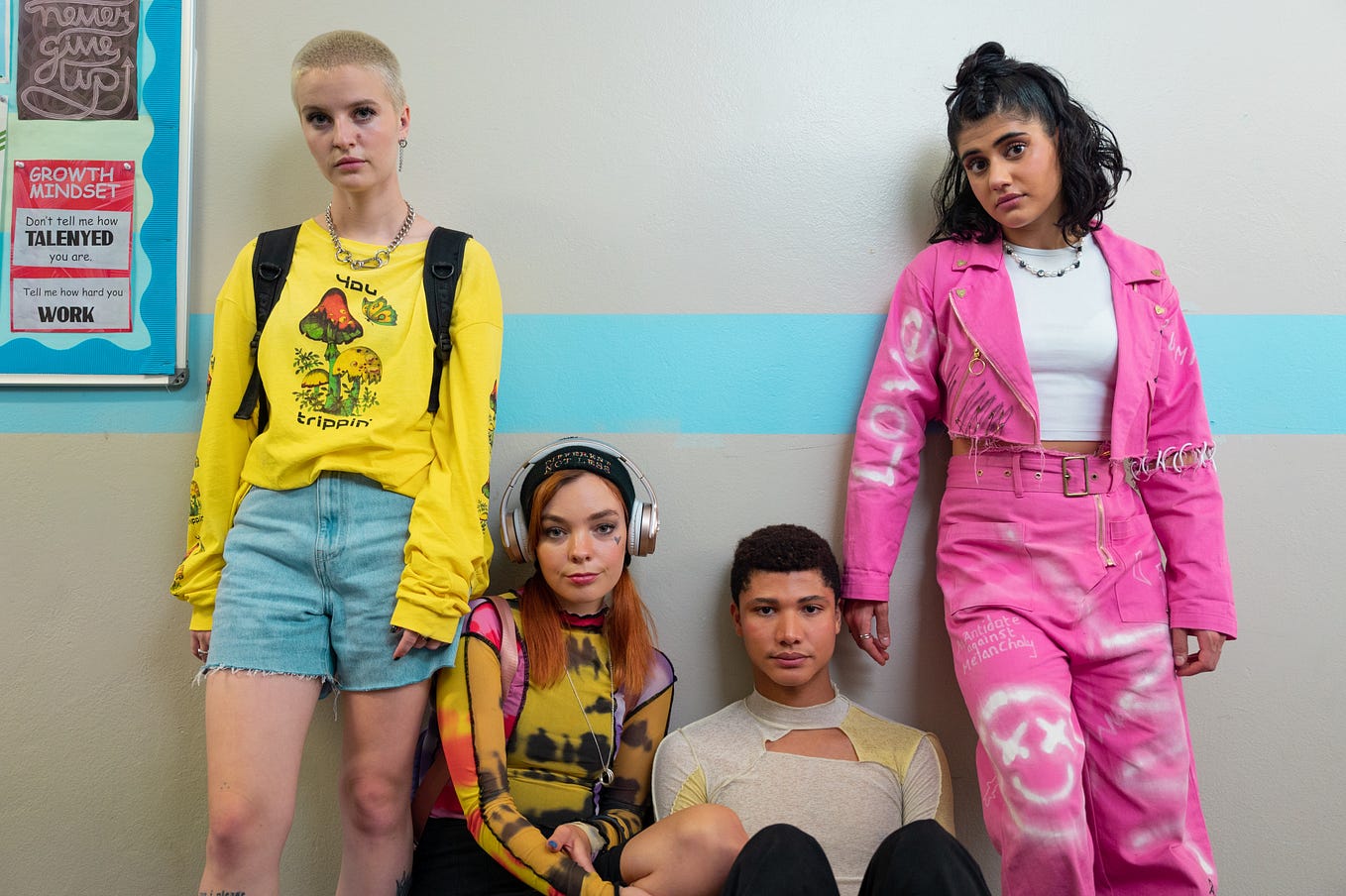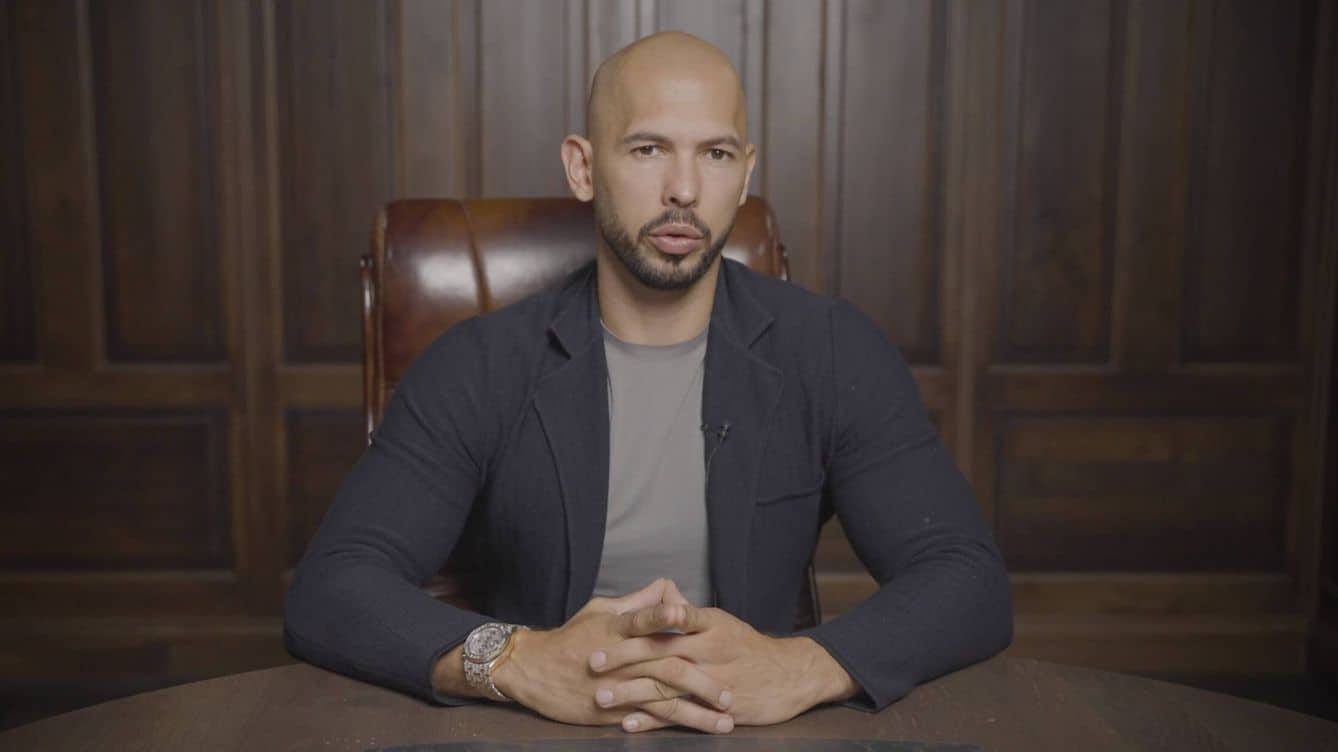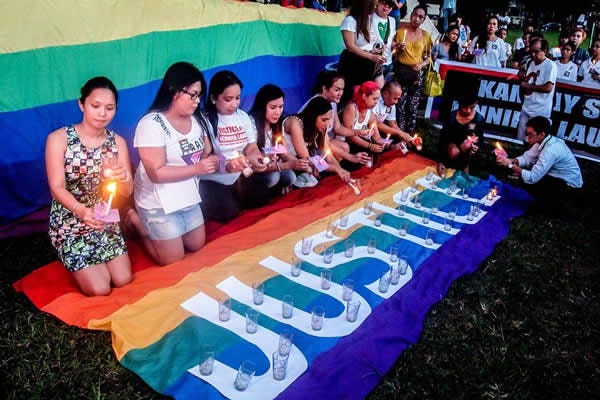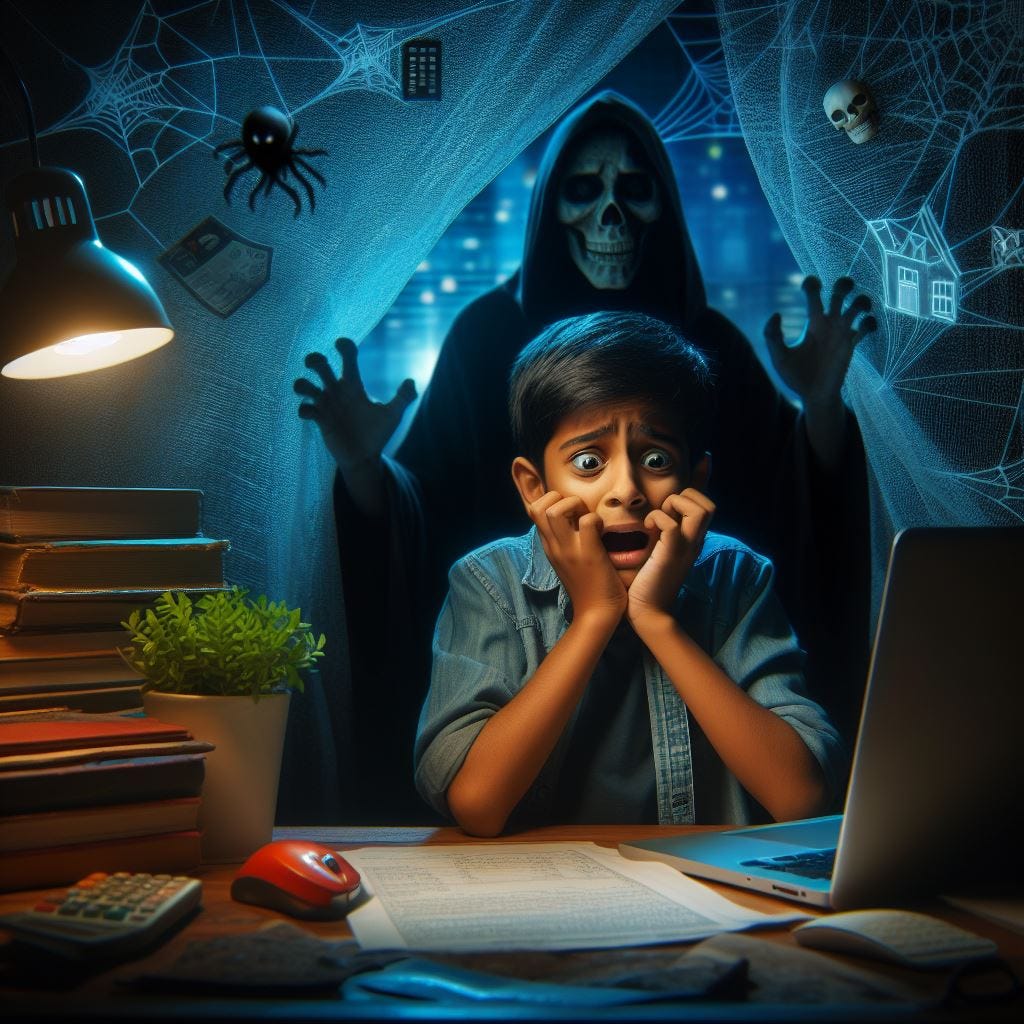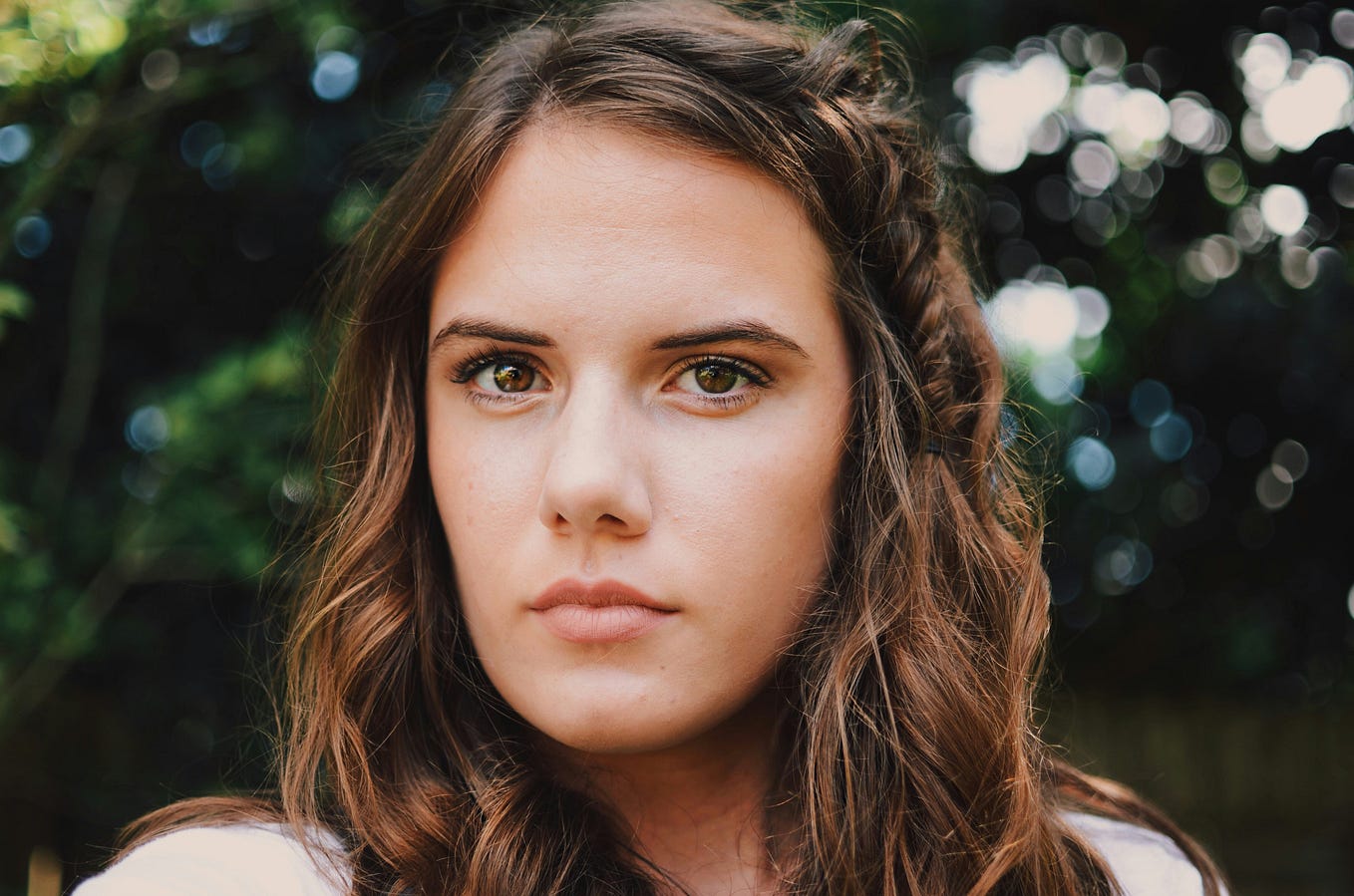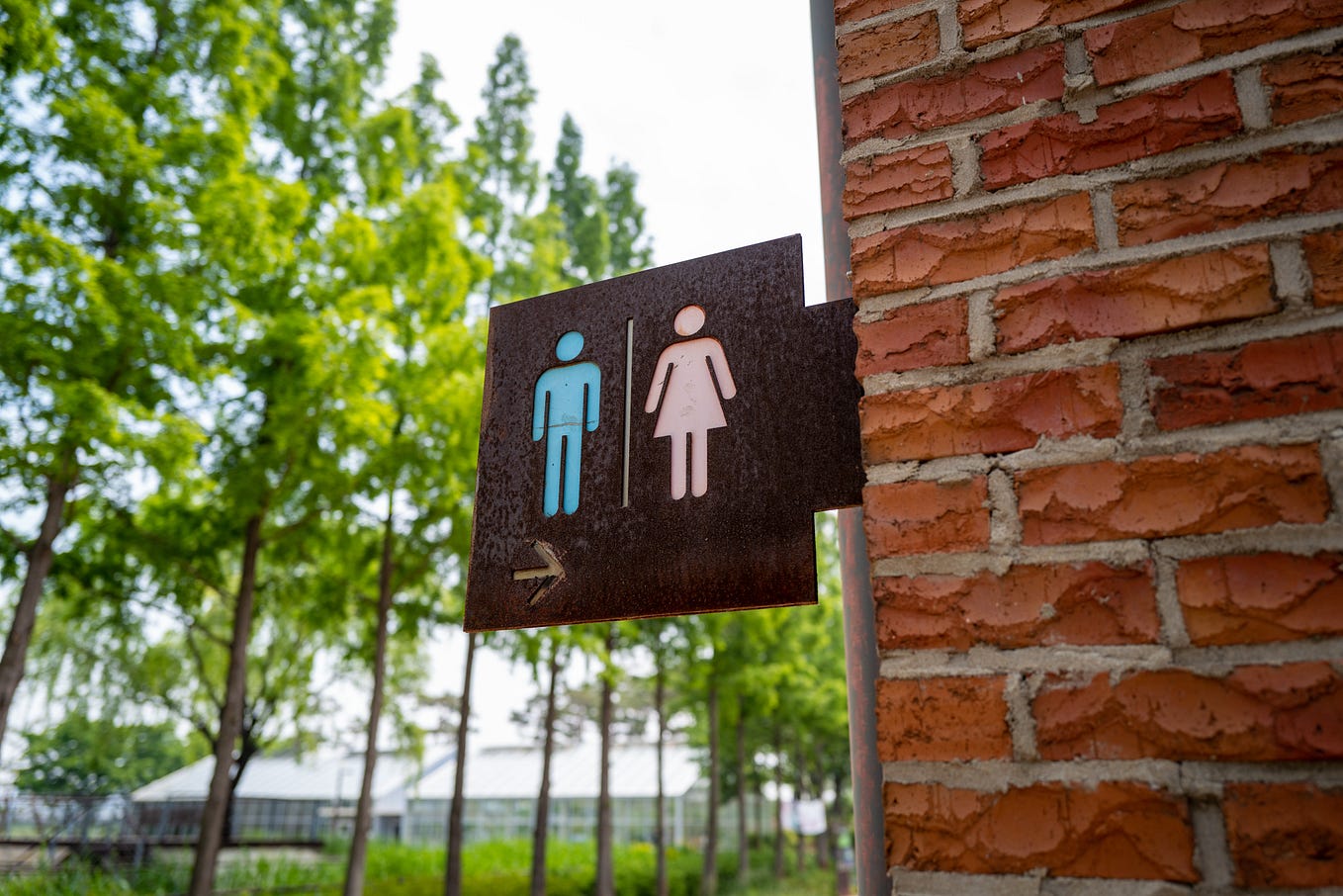Film Review: Where We Go From Here
by Brian Moniz
Where We Go From Here is quite possibly the most important movie you will see all year, or probably all decade. With the rise of gun violence, mass shootings in schools and public areas, and deaths pouring in faster than the grim reaper can keep up with each day, this is the film we need right now to open the eyes of anyone who still doesn’t “get it” when it comes to why we need action and gun violence prevention now.
The film circles around the lives of three individuals all living on different corners of the world: Raul, a young gay man from Orlando who lives with his older boyfriend Ricky; Elena, a young mother from Binghamton who juggles her busy life between her job and broken family; and Mathilde, a pregnant French woman struggling to keep the spark alive between herself and her lover. What all three stories have in common is that no matter what these characters were going through, no matter how happy or sad they were, and no matter what plans they made for themselves in the future, they all found themselves in the wrong place at the wrong time.
SPOILERS AHEAD
The film is so brilliant in the way it drops us right into the lives of these people and gives us plenty of time to connect with and feel for them. Some we relate to and see ourselves in, and others we want to reach through the screen and give a big warm hug. We root for them to pull themselves out of their complicated lives and better themselves and hope by the end of the film that they do.
Raul represents such a huge chunk of the gay community in the way he sees his entire life ahead of him and wants to explore himself, his identity, his relationships with Ricky and the people he calls friends. Like so many of us gay men, Raul never had a chance to live his best years because they were taken away by people around him who were keeping him in the closet and restricting him from being who he really was. His young adult years feel like they are on overdrive to make up for a lot of missed opportunities. After a brief argument between himself and Ricky, Raul decides to let some steam out by visiting his friends at a nightclub and we see him having a fun time, until…
Elena wants the best for her young son, but struggles to find the means to give him that since her racist alcoholic husband spends all of the family money drinking and gambling. She teaches English at a local school to adult immigrants, and despite her best efforts to be a good person and a role model to her students and her son, life just won’t give her a break. Towards the end of the film she goes into her class to explain how she will be leaving, until…
Mathilde is an optimistic, happy-go-lucky woman from Paris who spends time with her friends and lover, Francois, and is doing whatever she can to live a truly happy life with him. They share a rocky relationship and bring in their friends to help, but sadly nothing seems to be able to salvage that sinking ship. By the end of the film, Mathilde and her friend take a break from all the drama and see a concert where they appear to be having a wonderful time, until…
In the blink of an eye, it was all taken away.
If a maniac with a gun wants to kill people, they are going to kill people. They do not care who or what you are, and unfortunately, neither does the gun. A gun doesn’t feel emotion. Guns don’t care if you are black, brown, white, male, female, old, young, gay, straight, bisexual, trans, rich, poor, Democrat, Republican, happy, depressed, a single dad with four kids or a pregnant mother expecting your first child. If you point a gun at a child, it won’t lock itself because killing a child is wrong, it is going to do what it is intended to do. A gun is a tool designed to kill anything in its way, and even scarier — anyone can use them.
Guns destroyed the lives of all these characters and there was nothing they could do to stop it. How could they? When the film reaches the dramatic climaxes of each characters’ journey, it brings with it a huge sense of dread not only that they are being gunned down, but that their lives were so abruptly ended and the attacks came out of nowhere in places that are supposed to be safe — a nightclub, a school and a concert venue. We only get to see what the characters see. At the time of the shootings we have no idea what the killer(s) looks like, where they are exactly, or what is happening on the other side of that wall where the noises are coming from.
The film spends over and hour letting us grow feelings for these people and getting us attached to them as if they were our own friends. They had lives to live and people to love. We feel robbed in the end, wondering what is the point of making us care for these characters if they are only going to be killed off in the end? The motives of the different killers were never explained, and that’s the point — it doesn’t matter. Does knowing why someone killed people bring back the people they killed? No one faced in that kind of situation stops to think why a maniac is chasing them with a gun, they simply understand in that moment “I have to run and hide or I am going to die”.
Every single person in the real world who is killed from gun violence had a family, a mother and father who loves them, friends who miss them, partners who are left heartbroken, and children who become orphaned. Yes, this is a fictional movie, but it represents countless real stories of real people who lost their lives while our elected leaders do nothing or accept bribes to keep their mouths shut. Just one dead person is enough to need a change.
Where We Go From Here makes us question living life at all. Why bother at all making friends or falling in love in the real world if we or they could be taken away by a sudden burst of gun violence that could happen anytime, anywhere? Why make plans to see a movie, a live concert, a parade or even go to school if there is a higher and higher chance every day that your life will end from someone showing up with a gun? We cannot just spend the rest of our lives locked away at home living in fear. We have to step up, even if our elected leaders won’t!
What makes the movie so powerful is that by the end we are left with a feeling of angst, but not from feeling hopeless or unable to make a change, but from feeling like we can always do more, so why haven’t we? Where We Go From Here leaves the audience energized and pumped up to get off the couch, pick up the phone and call your leaders, and get involved in the fight to stop these senseless, pointless and heartbreaking tragedies from occurring so often and easily. We can do this!
About the Author:
Brian Moniz is from San Jose, Calif. He studied filmmaking and writing at San Jose State University from 2010–2013 and got his bachelor’s degree in Radio-TV-Film. Throughout his high school and college years, he worked as a music and movie journalist and critic. Having only recently come out of the closet himself in 2014, Brian enjoys writing about LGBTQ issues. His only regret when it comes to his sexuality is that he didn’t come out sooner.

